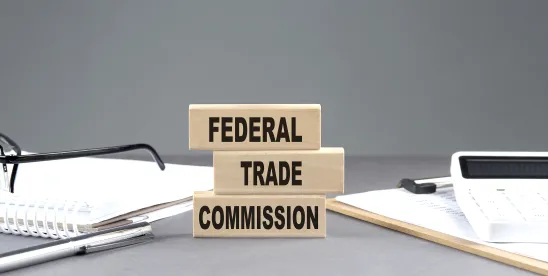On April 30, the FTC filed a stipulated order for a permanent injunctive relief and a monetary judgment against a Georgia-based debt collection company and its owner, which the court granted on May 9, to resolve allegations that the company used false claims, threats, and harassment to collect more than $7.6 million in bogus debts.
The FTC’s complaint alleged violations of Section 5(a) of the FTC Act, the Fair Debt Collection Practices Act (FDCPA) and Regulation F, the Gramm-Leach-Bliley Act, and the FTC’s Impersonation Rule. Under the order, the defendants are permanently banned from participating in debt collection or brokering activities. The judgment imposes a $9.6 million in monetary relief, which was partially suspended based on the defendants’ inability to pay.
The FTC alleged the company engaged in several unlawful practices, including:
- Making false claims. The company allegedly fabricated or misrepresented debts to extract payments from consumers.
- Threatening consumers with arrest or lawsuits. Consumers were told they would face arrest, wage garnishment, or civil litigation unless they paid immediately.
- Harassing consumers and family members. The company made repeated, unsolicited calls and contacted relatives to pressure consumers into paying.
- Obtaining financial information through false pretenses. The company misrepresented its purpose to gain access to consumers’ bank accounts and personal data.
- Pretending to be affiliated with other businesses. The company used fictitious names and falsely claimed to represent, or be associated, with legitimate lenders or mediation firms.
Putting It Into Practice: The enforcement action highlights the FTC’s ongoing focus on UDAP violations, particularly those involving threats, impersonation, or deception (previously discussed here). Debt collectors and affiliated vendors should ensure their practices comply not only with the FDCPA and Regulation F, but also with broader federal UDAP standards and the FTC’s Impersonation Rule.




 />i
/>i
